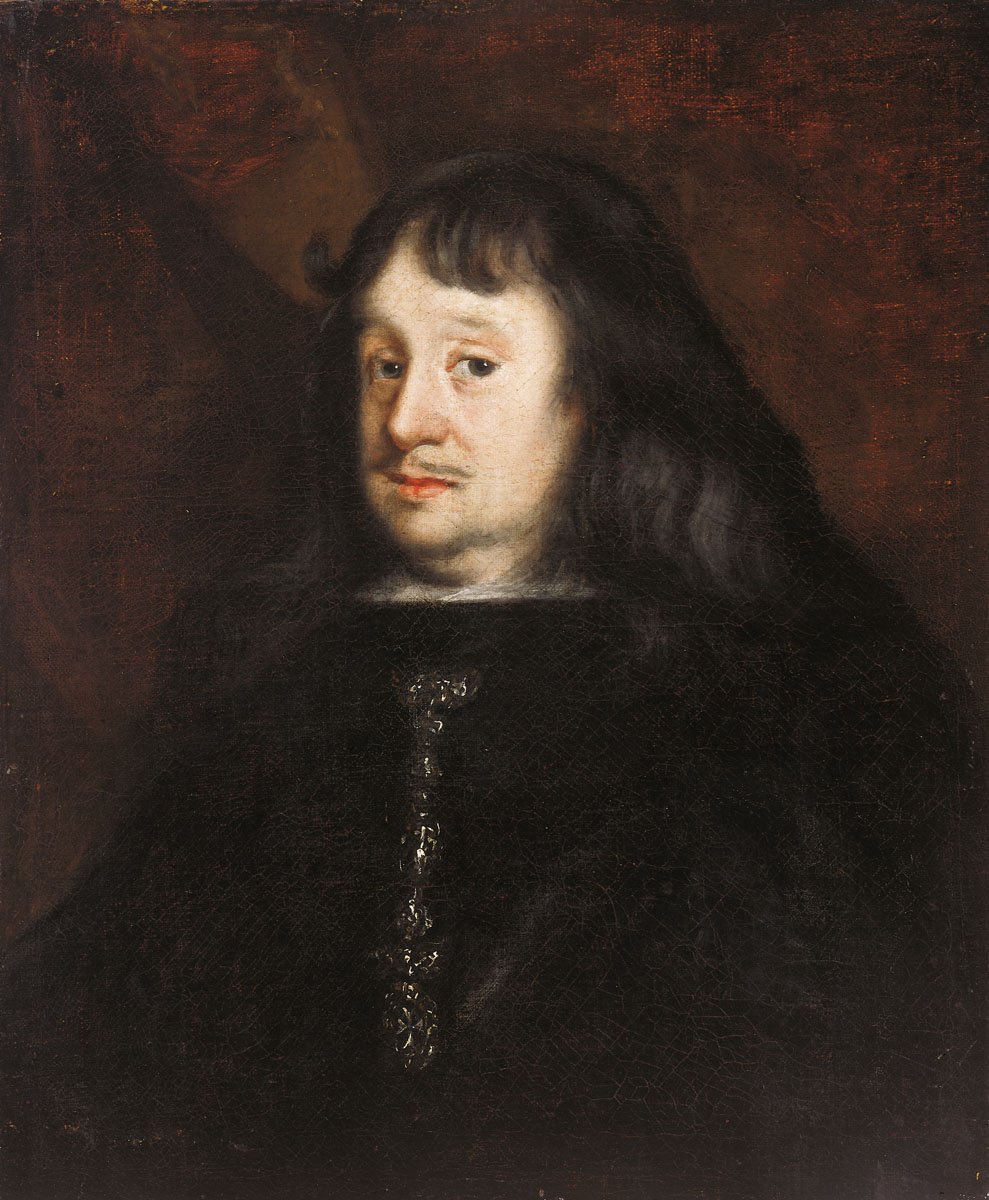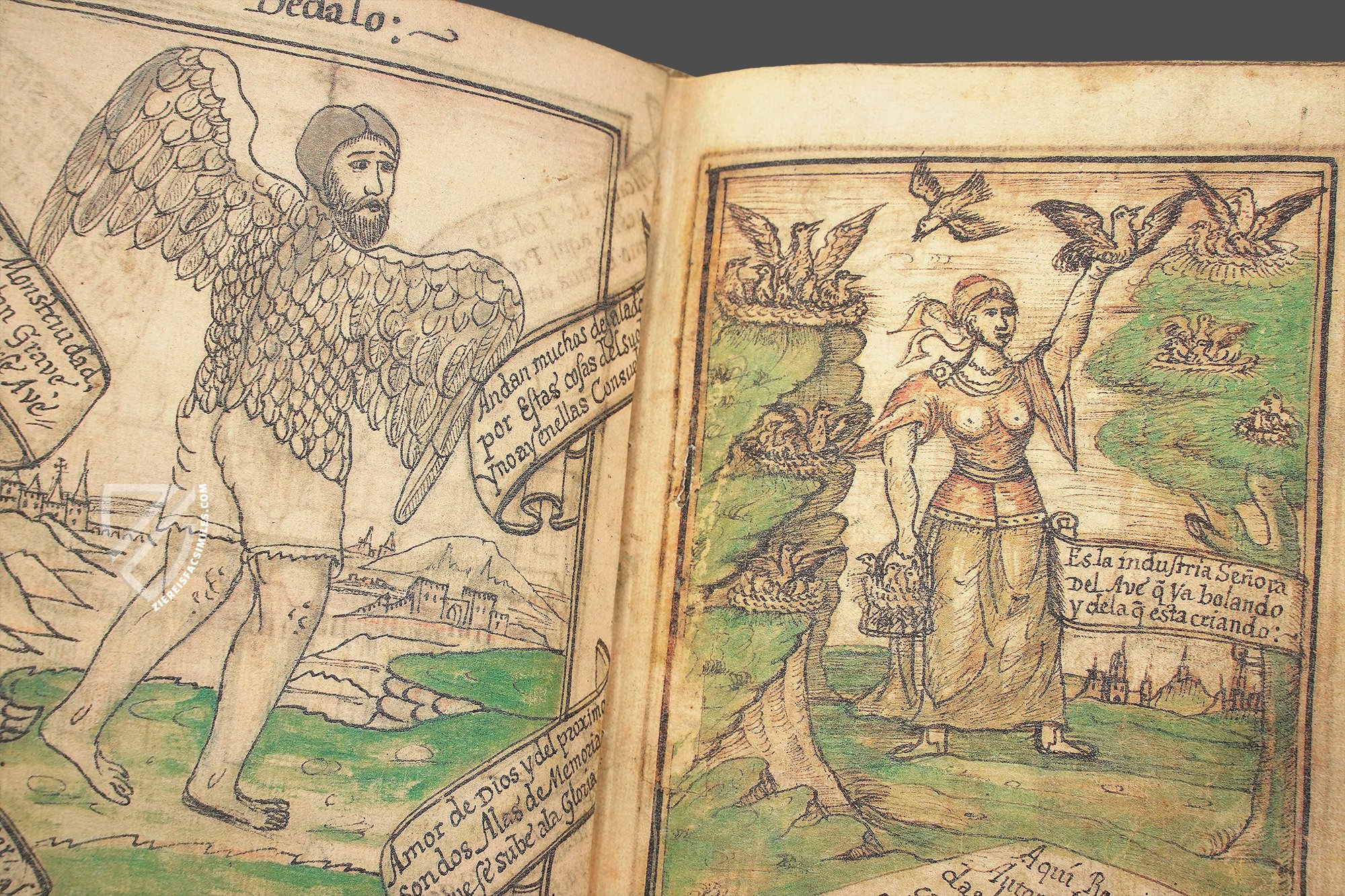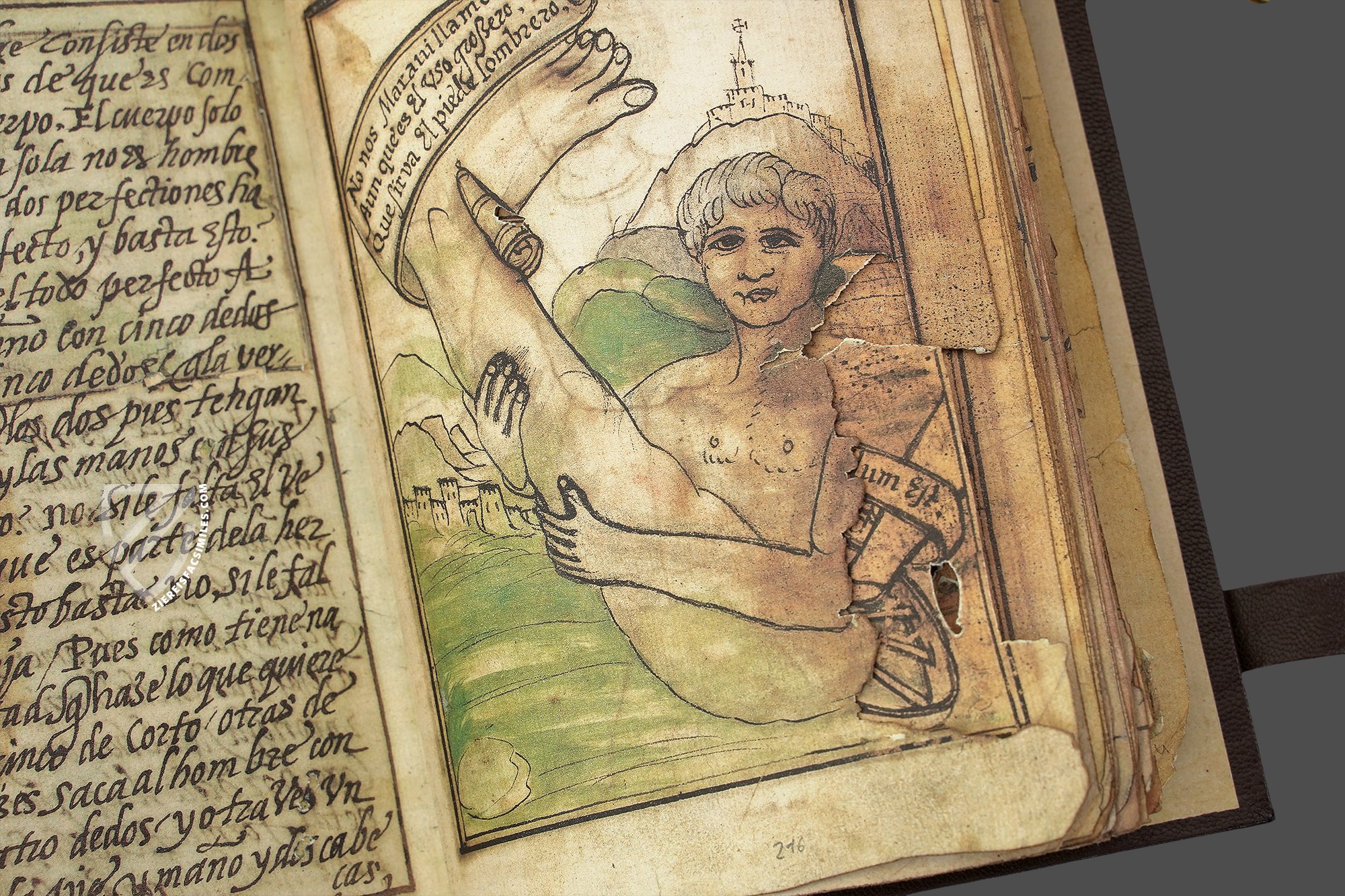
Have you ever come across a historical figure whose life intertwines the threads of royal heritage and exceptional military skill? Allow me to introduce you to the remarkable Don Juan de Austria, a man whose narrative is as intriguing as it is multifaceted. Born on February 24, 1547, in the city of Regensburg, Germany, Don Juan was the illegitimate son of the esteemed Holy Roman Emperor Charles V. This connection placed him in the unique position of being the half-brother to King Philip II of Spain, further complicating his identity and legacy. Throughout his life, Don Juan de Austria achieved numerous accolades, but perhaps his most notable accomplishment was his decisive victory at the historic Battle of Lepanto in 1571, where he played a crucial role in the naval confrontation against the Ottoman Empire. His life was not just a series of military exploits; it was also a tale of political intrigue, personal ambition, and the quest for recognition in a world dominated by powerful figures. Join me as we explore the extraordinary life and times of this captivating individual, whose impact on European history continues to resonate.
Early Life: A Hidden Heritage

Born into Secrecy
Don Juan’s early life was marked by an extraordinary set of circumstances that set him apart from his peers. After his birth, he was tragically separated from his mother, who was a daughter of a burgher, and he was raised in a shroud of secrecy in Spain. This unique situation meant that, despite being of royal blood, he lived much of his early life hidden away from the public eye. It wasn’t until the death of Charles V that his existence was officially recognized. In a significant turn of events, Philip II, the new king, acknowledged Don Juan as his half-brother, which dramatically changed the course of his life. In 1559, he was granted a substantial household and bestowed with the noble title of Don Juan de Austria, marking the beginning of his public life and royal duties.
Expectations vs. Aspirations
In the early stages of his life, there were considerable expectations placed upon Don Juan, particularly the hope that he would pursue a path within the church, following the traditions of many noble families. However, Don Juan had different aspirations that were more aligned with his vibrant personality and striking appearance. The allure of a military career beckoned him, and he was drawn to the excitement and adventure that came with it. The thrill of battle and the promise of glory on the battlefield were far too captivating for him to ignore. His decision to embrace a life of military service reflected not only his personal desires but also a rejection of the conventional path that others had envisioned for him.
Military Beginnings: A Rising Star

First Taste of Warfare
During the summer of 1568, Don Juan experienced his inaugural encounter with the brutal realities of combat as he engaged in battle against the notorious Moorish pirates in the Mediterranean Sea. This initial foray into warfare, though relatively short-lived, was nothing short of exhilarating for him. The adrenaline rush and the chaos of battle ignited a passion for military strategy and leadership within him, laying the groundwork for his future endeavors in the military realm. This experience not only tested his courage but also provided him with invaluable lessons that would serve him well in the years to come.
Commander in Chief
By March 1569, Don Juan’s growing reputation and skills led to his appointment as the commander in chief of Spanish forces stationed in Granada. In this critical role, he was entrusted with the formidable task of suppressing the rebellious Moriscos, who were Christians of Moorish descent. This assignment was not merely a military challenge; it was a defining moment in his career that would significantly shape his reputation as a leader. His strategic decisions and actions during this tumultuous period would not only influence the outcome of the conflict but also solidify his standing as a formidable military figure in the annals of Spanish history.
The Battle of Lepanto: A Historic Victory

Leading the Holy League
In the year 1571, a pivotal moment in naval history unfolded as Don Juan of Austria was appointed to command the naval forces of the Holy League. This coalition, which comprised Spain, Venice, and the Papacy, was formed with the primary objective of confronting the formidable military might of the Ottoman Turks. The challenge was monumental, as the Turkish forces had earned a reputation for being nearly invincible, and the stakes were incredibly high for Europe. The outcome of this confrontation would not only determine the fate of the Mediterranean but also influence the balance of power across the continent.
Unity Amidst Chaos
Don Juan’s royal lineage and his natural charisma played a crucial role in his ability to unite the often-fractious admirals of the Holy League. Imagine a skilled conductor stepping onto the podium, transforming a disorganized orchestra into a harmonious ensemble capable of producing a magnificent symphony. Similarly, Don Juan’s leadership was instrumental in forging a cohesive and effective fighting force, which was essential as they prepared for the impending battle against the Ottomans. His diplomatic skills and strategic vision helped to bridge the gaps between the various factions, ensuring that they could present a united front when the time came to engage the enemy.
The Decisive Battle
On the fateful day of October 7, 1571, the Battle of Lepanto commenced, marking a significant chapter in military history. The allied forces, under Don Juan’s command, launched a fierce assault that resulted in the near-total annihilation of the Turkish fleet. This stunning victory shattered the long-held myth of Ottoman invincibility and served as a monumental turning point in European history. The triumph at Lepanto not only boosted the morale of the Christian states but also altered the course of naval warfare in the Mediterranean, instilling a renewed sense of hope among the European powers.
Aftermath of the Battle
The resounding victory at Lepanto ignited Don Juan’s ambitions for further military campaigns against the Turks, as he envisioned a series of conquests that would expand Christian influence in the region. However, his aspirations were curtailed by his brother, King Philip II of Spain, who had different strategic priorities. Ultimately, Don Juan was permitted to lead an expedition to conquer Tunis in 1573. Unfortunately, this victory was short-lived, as the Turks managed to recapture the city just a year later, leaving Don Juan frustrated and thwarted in his quest for further glory against the Ottoman Empire.
Governorship of the Netherlands: A New Challenge

Reluctant Acceptance
In 1576, Don Juan was appointed governor-general of the Netherlands, which was in open revolt against Spanish authority. Initially, he was reluctant to accept this challenging position, but he did so with the condition of being allowed to invade England and marry Mary Stuart, the Scottish queen.
The Perpetual Edict
In February 1577, Don Juan signed the Perpetual Edict with the rebels, which aimed to restore the Roman Catholic religion in exchange for the recognition of his authority. However, not all provinces accepted this agreement, leading to further tensions.
Return to Warfare
When the provinces of Holland and Zeeland refused to recognize his authority, Don Juan returned to his military roots, capturing Namur and resuming the war. It was a return to the battlefield that he relished, but the political landscape was becoming increasingly complicated.
Tragic End: A Life Cut Short

Political Intrigue
Don Juan’s last months were marred by the murder of his secretary, Juan de Escobedo, who had fallen out of favor with Philip II. The monarch’s suspected involvement in the crime left Don Juan feeling isolated and distrustful of his brother.
A Deteriorating Position
As he faced mounting challenges in the Netherlands, Don Juan struggled with inadequate financial and military support. His once-promising career was now overshadowed by political intrigue and betrayal.
The Final Days
Tragically, Don Juan de Austria passed away on October 1, 1578, at a young age of 31. His death marked the end of a remarkable yet tumultuous life filled with ambition, military success, and personal strife.
Legacy of Don Juan de Austria

A Hero Remembered
Despite his short life, Don Juan’s legacy endures. His victory at the Battle of Lepanto is celebrated as a pivotal moment in European history, showcasing the power of unity against a common foe. He remains a symbol of courage and determination.
Impact on European Politics
Don Juan’s life and actions had a lasting impact on European politics, particularly in the context of the struggle between Catholic and Protestant powers. His story serves as a reminder of the complexities of loyalty, ambition, and the consequences of political maneuvering.

In conclusion, Don Juan de Austria was more than just a military commander; he was a man caught between the expectations of his royal lineage and his personal ambitions. His life story is a fascinating tapestry of triumphs and tragedies, making him a compelling figure in history. So, the next time you hear about the Battle of Lepanto, remember the name Don Juan de Austria—a true hero of his time!
| Key Events | Date | Significance |
|---|---|---|
| Birth | February 24, 1547 | Born as the illegitimate son of Charles V |
| Battle of Lepanto | October 7, 1571 | Decisive victory against the Ottoman Turks |
| Governorship of the Netherlands | 1576 | Faced rebellion and political intrigue |
| Death | October 1, 1578 | End of a promising yet troubled life |

